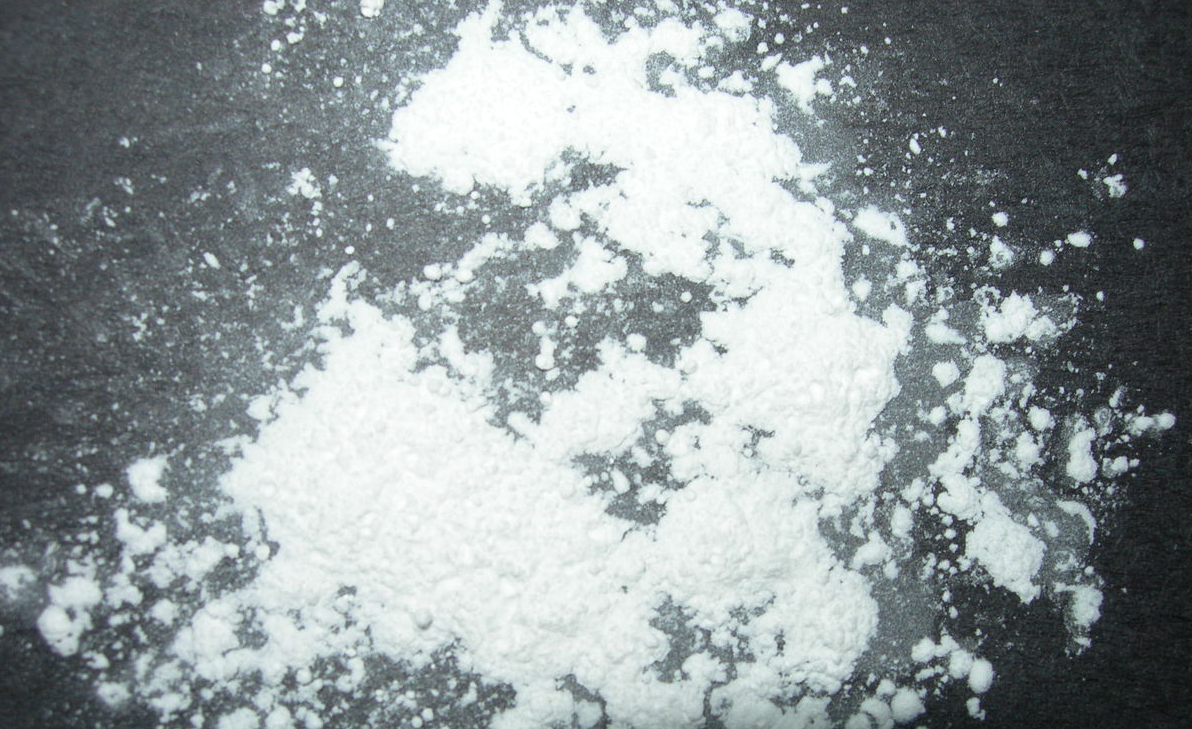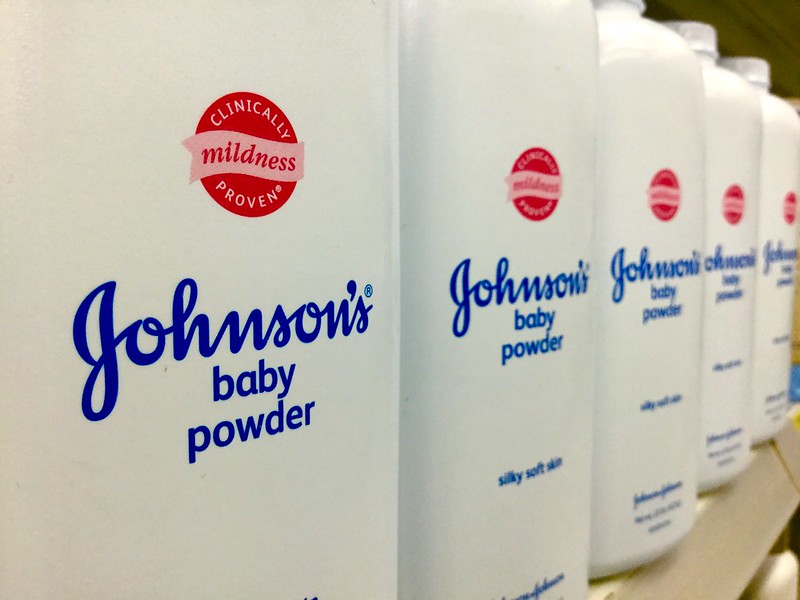Johnson & Johnson recently offloaded all of its asbestos-related liabilities into a shell company that critics have called “fictional.”
The judge overseeing bankruptcy proceedings for Johnson & Johnson subsidiary LTL Management, LLC, may force the company’s proceedings out of South Carolina.
According to Reuters, U.S. Bankruptcy Judge Craig Whitley, based out of Charlotte, N.C., issued an order on Tuesday instructing LTL to explain why he should not send the case to another court. In his order, Whitely observed that most of the talcum-related litigation against the company was filed in New Jersey.
Whitley also noted that most both LTL and Johnson & Johnson have their headquarters—along with most of their assets and employees—in the same state.
Whitley, adds Reuters, remarked in his own order that he has the authority to transfer a case to another court, so long as he finds that such a transfer would best serve truth and justice.
Nevertheless, Whitley admitted that doing so would be highly unusual.
“It is unusual for the court to invoke the rule on its own motion; however, this is a highly unusual case,” Whitley wrote.
Johnson & Johnson is currently facing an estimated 38,000 separate lawsuits. While the claims and details of each complaint vary, they all allege that Johnson & Johnson knew its talcum-containing baby powders were contaminated by asbestos since at least the 1970s.

While Johnson & Johnson worked to suppress its knowledge of the asbestos contaminations, several claims have emerged in recent years. In 2018, for instance, the company paid more than $4 billion to women who claimed their ovarian cancer had been caused by talcum-based powders.
Since then, thousands more lawsuits have been filed, many claiming that Johnson & Johnson’s talcum-based baby powders caused or contributed to diagnoses of cancer, mesothelioma, and more.
Earlier this month, Johnson & Johnson dumped most of its asbestos liabilities into the recently-formed LTL; legal scholars have characterized this as a liability avoidance tactic, wherein a larger company creates a “fictitious” entity to downsize its own fiscal responsibility.
But on Tuesday, U.S. Bankruptcy Administrator Shelley Abel asked the court to transfer the case to New Jersey, saying big companies should not be permitted to “manufacture” a presence in other states to dodge liability.
Both Abel and the judge observed that LTL was established in North Carolina only two days before it initiated bankruptcy proceedings.
Nevertheless, Johnson & Johnson says that, while it has since discontinued talcum-based baby powder sales in the United States, it has only done so to because of rampant “misinformation” and “unfounded allegations.” This is in spite of media reports demonstrating that the company’s own officials were concerned about asbestos as early as the 1970s.
Sources
J&J is using a bankruptcy maneuver to block lawsuits over baby powder cancer claims
Judge in J&J talc liability bankruptcy may kick case out of North Carolina


Join the conversation!